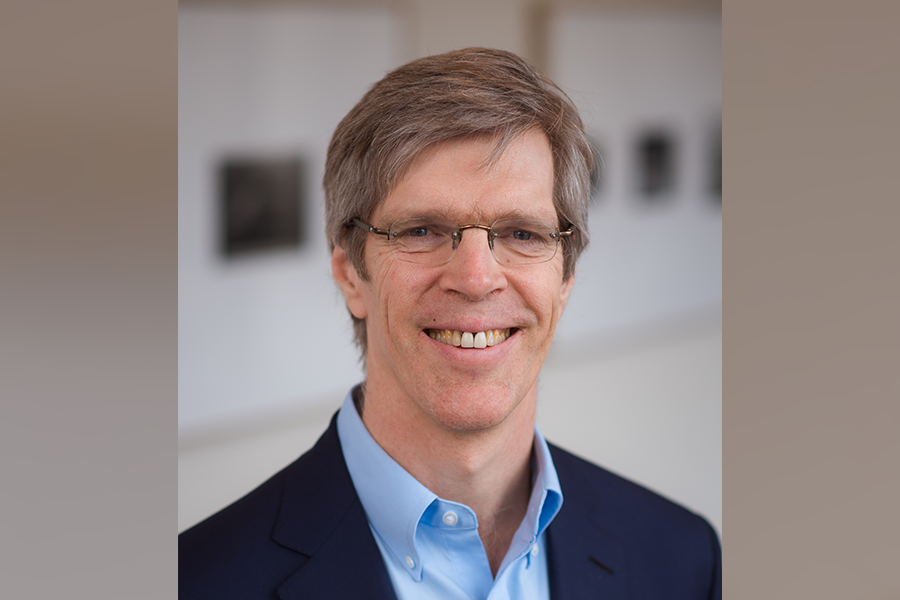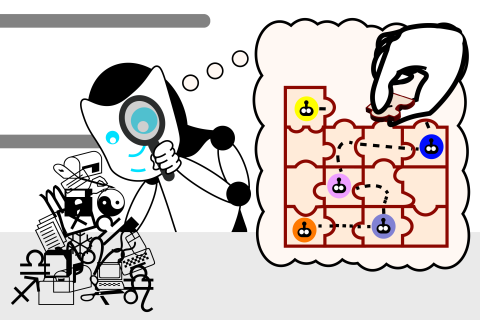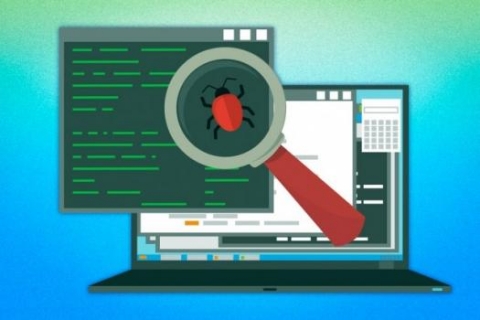This past month Martin Rinard, MIT professor in the Electrical Engineering and Computer Science Department (EECS) and CSAIL principal investigator, received the 2025 Outstanding Research Award from the ACM Special Interest Group on Software Engineering (SIGSOFT). The organization awarded him for his “fundamental contributions in pioneering the new fields of program repair and approximate computing.”
SIGSOFT’s Outstanding Research Award is handed out each year to a researcher or researchers who have made lasting and impactful contributions to the theory or practice of software engineering. This recognition is considered the most distinguished award in the field of software engineering.
Rinard’s program repair research produced automatic techniques that enable software systems to execute successfully through otherwise fatal errors and security vulnerabilities, recover from data corruptions, and generate patches that eliminate defects in both running systems and software code bases, all of which enable software systems to productively survive software defects and errors. Specific techniques include learning correct code for patching software defects, transferring functionality between software systems, executing through memory errors and numeric errors, terminating infinite loops, eliminating memory leaks, and data structure repair, all automatically applied with no required human intervention.
Rinard’s approximate computing research automatically discovers latent tradeoffs between performance and accuracy by identifying subcomputations that can be discarded or modified to deliver large performance increases with small accuracy decreases. Applications of these techniques include reduced energy consumption, increased responsiveness, the ability to rapidly adapt to changing execution environments, and new forms of performance profiling.
More recently, Rinard, with his graduate student Charles Jin, found that large language models (LLMs) may develop their own understanding of reality as a way to improve their generative abilities. The researchers trained an LLM to control a robot in a simulated environment and found that, during training, the LLM developed its own understanding of aspects of the underlying environment despite never being directly exposed to this reality. This result suggests that the surprising performance of LLMs on a range of tasks may be at least partially attributable to spontaneously learning aspects of reality during training.
Past winners of this award who have been affiliated with MIT CSAIL include Daniel Jackson and Michael Ernst.



